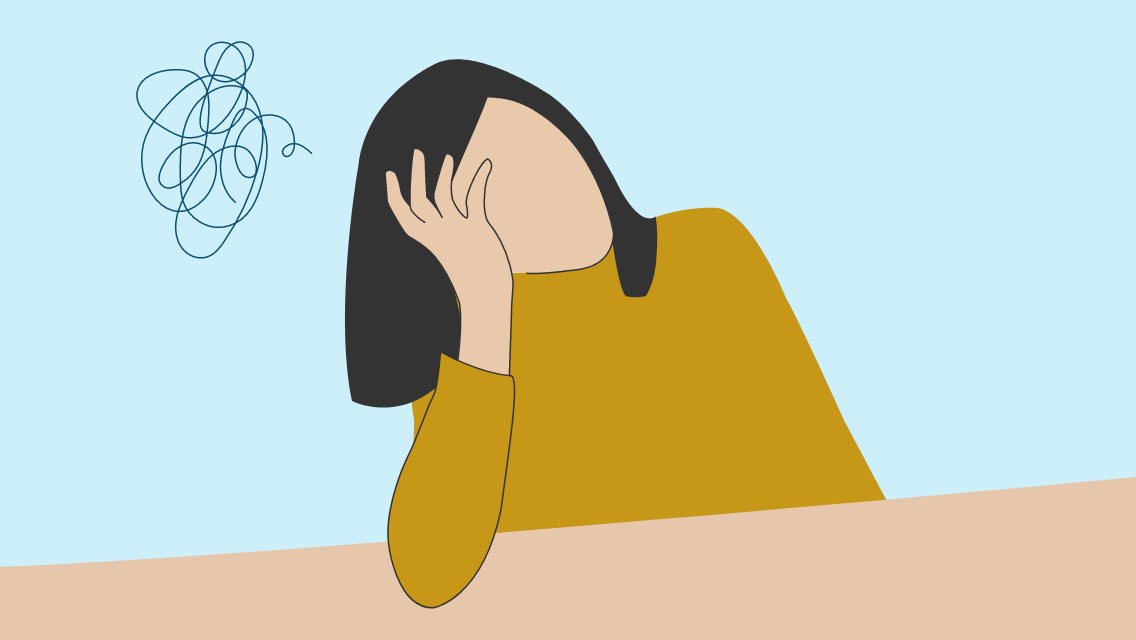If you’ve been struggling mentally and are unsure whether to tough it out on your own or seek professional help, consider the following factors.
1) You’re having relationship issues.
Relationships can be a source of incredible meaning, joy — and pain. Conflict, especially if it’s habitual, can wreak havoc on mental well-being and increase vulnerability to anxiety, depression, and addiction.
Relying on friends or family to help navigate your intimate relational conflict can be problematic due to personal biases and allegiances, plus a loved one’s reluctance to say something you might not want to hear. Therapists, by contrast, provide a neutral space in which to help you understand and change unhealthy relationship habits.
Individual therapy is often a good place to start recognizing your own emotions, beliefs, and behaviors that contribute to conflict, and couples counseling facilitates change within the relationship dynamic.
2) You’ve experienced trauma.
Traumatic experiences — a terrifying car accident, a bad breakup, a childhood marked by abuse or neglect — leave psychological carnage in their wake. Left untreated, trauma can undermine relationships, impair physical health, and greatly increase one’s risk of suicide.
Through therapy, traumatic experiences can be safely processed and reconceptualized. Depending on the nature of the trauma and your therapist’s background, treatment may implement evidence-based protocols such as eye movement desensitization and reprocessing (EMDR) or Somatic Experiencing, which target trauma’s aftereffects within your brain and body. (See “How EMDR Helps to Treat Trauma” for more.)
3) You’re starting an antidepressant or antianxiety medication.
Medication can be an important tool in your mental health arsenal, but research overwhelmingly argues that meds are most effective when used in conjunction with psychotherapy. After all, psychotropic medications may work wonders on our neurotransmitters, but they’re not exactly known for asking questions, providing feedback, or helping you understand yourself better. Think of medication like a car jack and therapy as a car-repair kit: The former lifts you up so that the latter can get to work.
4) You keep doing something even though it’s hurting you or your loved ones.
This is addiction in a nutshell, and it can take many forms. Drugs, alcohol, sex, shopping, gambling, work, and even exercise all have the potential to become addictive. While intensive treatment, such as inpatient chemical dependency programs, may be a necessary first step depending on the type and severity of the addiction, therapy can help you understand the root cause of your behavior and develop healthier forms of coping.
(For more on addiction see “What Is a Behavioral Addiction?” and “What You Need to Know About Addiction and the Brain.”)
5) You’re adjusting to a major loss or transition.
Death, divorce, job loss, and even changes like sending a child off to college can all raise difficult and sometimes unexpected emotions. Engaging in therapy during times of transition allows space to make sense of the loss — because all life changes bring some form of loss — and serves as a form of preventive care, because feelings we suppress find a way to come out whether we like it or not.
6) Your current support system is not enough.
Not only are loved ones ill-equipped to provide neutral feedback, but most aren’t qualified to support someone struggling with certain mental health issues, including addiction, severe depression, and suicidal ideation. Moreover, asking them to do so can feel burdensome — even if they insist it isn’t — and exacerbate the shame you’re already wrestling with.
Therapists undergo years of training to assess and treat these kinds of issues and are taught to refer up (to a higher level of care, such as inpatient treatment) or out (to a specialist) when a client’s concerns exceed their scope of practice. Because existing support systems remain crucial to the healing process, therapy can also help you clarify how and when to harness them.
(For advice on finding the therapist who’s right for you, see “How to Find the Right Therapist.”)





This Post Has 0 Comments